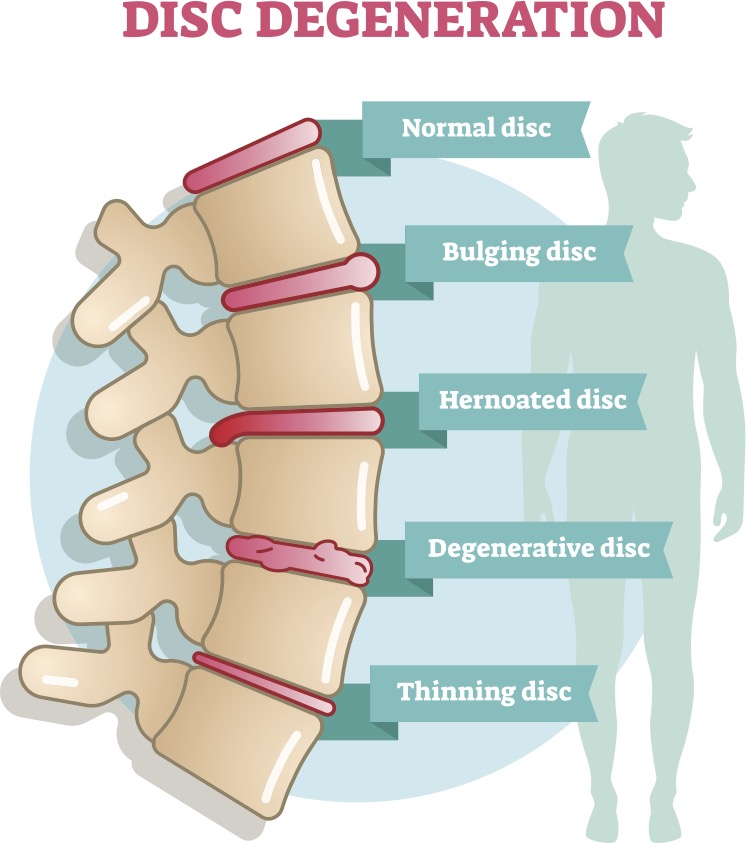Rikhi Anandsongkit and his team of physiotherapists address this common misconception
More often than not, the answer is “NO.”
We understand why this is confusing. It’s scary to move, or know which exercise is best when something hurts, especially if it’s your back. Moreover,the medical community often gives conflicting advice. Many people suffering with back pain have been told they should rest, ice, lie down, and usetheir back muscles as little as possible until they recover. They’ve been told they should limit their movement and activity until their pain goes away.
For 80 percent of all back problems, movement is actually the BEST medicine.
Research supports that most back pain falls into the category of what we call ‘mechanical low back pain,’ which responds best to movement over anything else. It’s important to note that although movement is good when your back hurts, you should pick the right type of movement. Generally speaking, easy movement like walking is considered one of the best things you can do for your back, along with very specific mobility exercises in a direction designed to relieve your pain quickly. However, you’ll want to avoid things like lifting heavy weights at first, orbending over, or stretching excessively. If your back pain involves an irritated nerve, stretching forward, even though it might feel good, can often worsen your problem.
Why is it so bad to rest until your back pain goes away?
Although most back pain will go away on its own with time, the problem with resting instead of moving is that it can prolong the time it takes to truly heal. In some cases, rest can make your back problem worse. Too much rest leads to the deconditioning of your muscles, and can even lead to biomechanical changes to the curves in your spine. Resting may take your back pain away, but it’s going to leave you feeling much stiffer and weaker, putting you at risk of hurting your back all over again. One of the biggest problems we see with back injuries is a lack of mobility, sometimes due to weakness and sometimes due to not moving around enough. A flexible spine is a healthy spine.
Another issue with too much resting, especially lying down, is the impact on your discs.
Back problems frequently involve some variation of a bulging disc, and when you lie down, your disc changes in size. Lying down does relieve pressure from your disc, but also causes it to absorb more fluid, making it bigger. You won’t know this is happening until you get up, as that enlarged discwill not feel good when it gets pinched. It’s why most people who are dealing with back pain feel worse first thing in the morning, just after getting outof bed. Their pain eases once they stand and start moving around a bit. When you walk around and move, you get natural compression of yourdisc, keeping the disc bulge smaller and thus, less of an irritant. A bulging disc in your spine is a pretty classic form of mechanical low back pain, and we already know that mechanical back pain responds best to movement.
Remember that the absence of back pain does not mean the absence of a back problem.
Back problems can be complicated, and they love to linger under the surface until one day, a certain movement just tweaks you. The best way to figure out a back problem – and heal it quickly – is with movement. As tempting as it is, don’t just rest to avoid orget rid of your back pain. Try walking, and even some easy stretching, and take note of what happens. You’ll either start to feel better the more you move, or worse. If your pain is easing up with themovement you’ve chosen – you’re on the right track! If your pain is not responding or getting worse, then it’s a clue you need to see a professional. Either way, movement is your friend, because it’s going to tell you something. Rest won’t do that for you and if anything, will potentially prolong the issue when you could have been doing something about it.

Rikhi Anandsongkit is the owner of Form Physio and Rehab, a physiotherapy clinic that helps adults in Bangkok get back to doing the things they love without painkillers, injections, and surgeries.
Tel: 095-569-3298
Email: info@formphysiorehab.com
www.formphysiorehab.com







